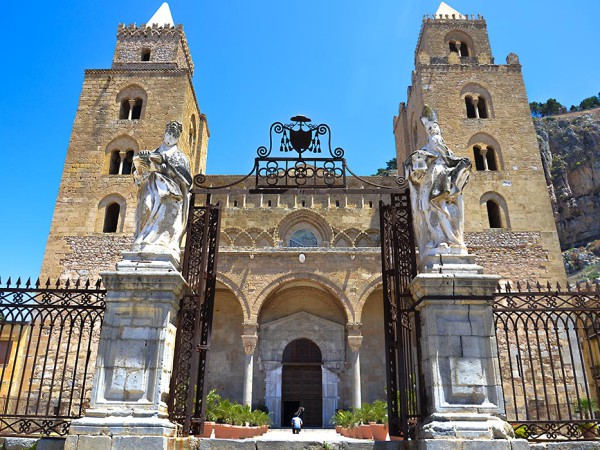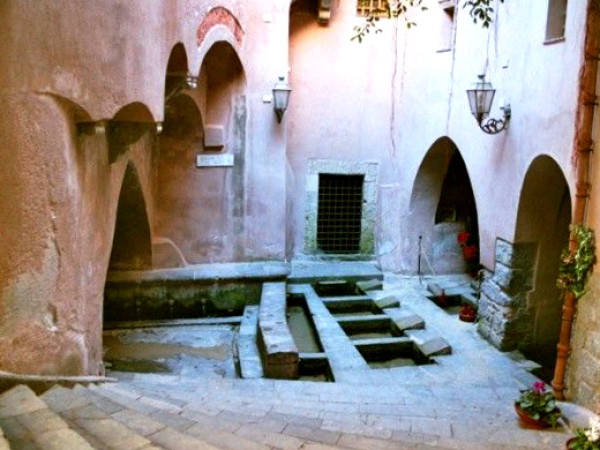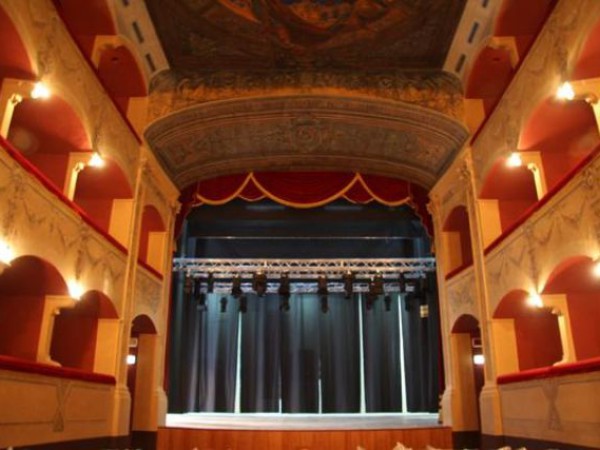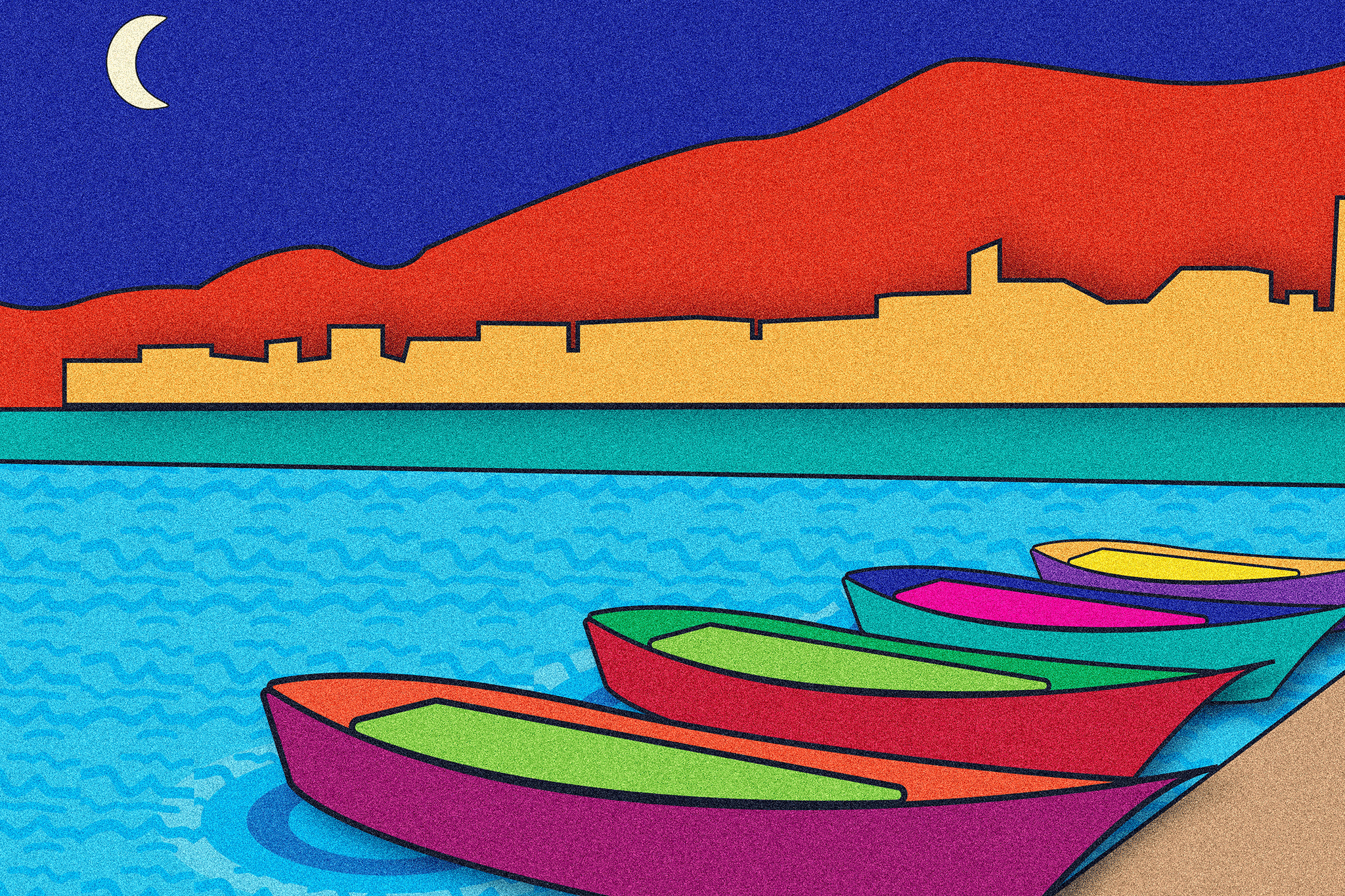Full Day Excursion: Cefalù
Cefalù
Full day Excursion at Cefalu at 24/09/16 € 55.00
- 09.00 a.m: Departure from NH Hotel by bus
- 10.00 a.m: Arrival in Cefalù. Walking through the old town to visit the Cathedral, Unesco World Heritage since 2015, the medieval Lavatory and the town Theatre
- 01.30 p.m: Lunch at restaurant where you can taste some of the typical local dishes Afternoon dedicated to individual activity (shopping, swimming etc)
- 05.00 p.m. Departure to Palermo
Cefalù
Thanks to the strategic importance of the place, protected by an imposing rock, as well as to the fertility of the land, people settled in the Cefalù area starting from very remote times, as we know from finds made in the grottoes on the east side of the rock. However, the urban history of the place only began in the fifth century B.C.
From the later epoch date the remains of the megalithic walls which went round the little town at the foot of the rock. It was precisely the latter, because of its dominant position, that gave the name to the settlement, known as Cephaloedium, i.e. “head”, because of the shape of the rock. The place was re-founded by Roger II in the twelfth century and laid out in a new way on the basis of the town plan that still characterizes it. The meaning of this new foundation is grasped above all in the cathedral, the symbol and synthesis of Roger’s power, which was not only political but also religious.
Cathedral
The Cathedral Unesco World Heritage since 2015, was built in 1131. The church is preceded by a large terraced courtyard that serves as the cemetery. The facade is composed by two big towers with elegant mullioned windows and surmounted by pyramidal cusps different from each other: a square tower with battlements in the shape of flames, which would symbolise the Pope's miter and the power of the Church, while the other, octagonal and Ghibelline battlements symbolize the royal crown and the temporal power. The porch is composed by three arches supported by four columns. The interior is divided into three aisles dominated by the solemn rhythm of the colonnade and the image of Christ Pantocrator in the apse.
Medieval wash
The Public wash called "medieval" receives the mouth of Cefalino or Cefalcide river that, through a underground route from upland of Praci, behind Gratteri, flows into Cefalù sea. In 1655, the first major transformation with the construction of the interior arche sand, finally, in 1890 the current arrangement.
Municipal Theatre
The long history of the theater began in 1814 when a group of notables people in Cefalù, decided to request the grant of a local authority area for the building. The theater, in the shape of a horseshoe, a typical type of Italian-style theater, is completed by the architect Antonio Caruso. It is then transferred to the City for management.
After many years it was transformed to cinema and during the World War II it became the headquarters of the German troops. Immediately after the war began the restructuring for the new requirements of modern cinema. The necessary work of consolidation of the structure began in 1975, when the theater is closed for the long restoration. In 1982 it was decided to title it to the Maestro violinist "Salvatore Cicero", Cefalù violinist and composer who died at a young age. After six years, with director Giuseppe Tornatore, the theater becomes a movie set and travel the world with the film "Nuovo Cinema Paradiso". Subsequently it was again restored and returned to the city.
The price includes:
- The bus service G.T. for the duration of the trip
- The assistance of a professional English speaking guide
- Lunch in the restaurant
Not included: tickets, drinks, tips, extras and anything not included under "The price includes”
- Minimum participation for all events: 25 persons
- The price includes: bus service, the assistance of a professional english speaking guide and entrance fees. Lunch is included ONLY in the Full Day Excursions



